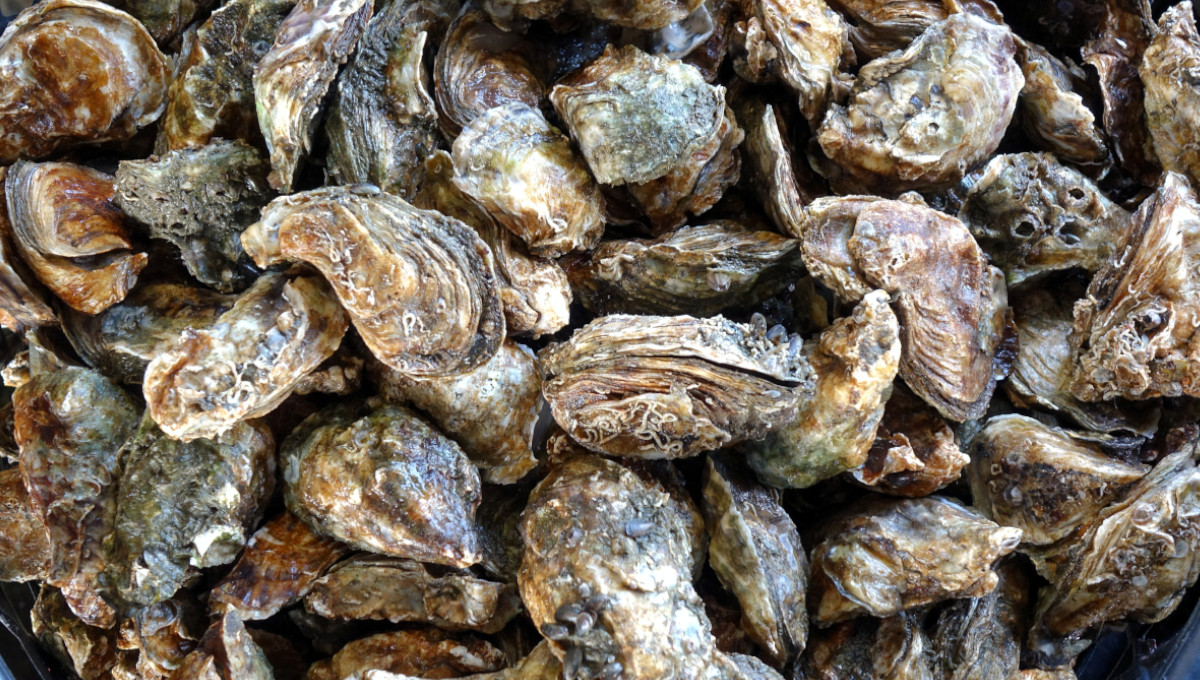The music streaming service Spotify announced Sunday that it will add content advisories before podcasts that discuss COVID-19 to guard against coronavirus misinformation.
The advisory will also direct listeners to the company’s COVID-19 Hub, which links to “trusted sources” and podcast episodes about COVID-19. The new policy will roll out on the platform across the world in coming days.
“You’ve had a lot of questions over the last few days about our platform policies and the lines we have drawn between what is acceptable and what is not,” Daniel Ek, the CEO of Spotify, wrote in a statement.
“We have had rules in place for many years but admittedly, we haven’t been transparent around the policies that guide our content more broadly,” he said. “This, in turn, led to questions around their application to serious issues including COVID-19.”
Spotify’s move comes after some high-profile artists and public figures criticized the platform in recent days for hosting comedian and podcaster Joe Rogan’s podcast, The Joe Rogan Experience. Music legends Neil Young and Joni Mitchell pulled their music from Spotify last week, and on Sunday, Nils Lofgren confirmed that he pulled his music.
Author Brene Brown also said she would stop releasing new podcasts until further notice, and Prince Harry and Meghan Markle, the duke and duchess of Sussex in England, expressed concerns about COVID-19 misinformation on the platform, according to NPR.
In early January, hundreds of scientists, professors, and medical experts sent an open letter to Spotify that highlighted false and misleading claims that Rogan has made on his podcast, such as encouraging young people not to get vaccinated and promoting ivermectin as a treatment for COVID-19. They pointed to a Dec. 31 episode that featured Robert Malone, MD, an infectious disease specialist who has been banned from Twitter for spreading COVID-19 misinformation.
Ek said he didn’t want Spotify to be a “content censor” but noted that the platform should have “rules in place and consequences for those who violate them.”
“Based on the feedback over the last several weeks, it’s become clear to me that we have an obligation to do more to provide balance and access to widely-accepted information from the medical and scientific communities guiding us through this unprecedented time,” he said.
Spotify also published its platform rules, which includes restrictions on content that falls into categories the company labels as “dangerous,” “deceptive,” “sensitive” or “illegal.” The rules include a ban on content that “promotes dangerous false or dangerous deceptive medical information that may cause offline harm or poses a direct threat to public health.”
On Sunday, Rogan responded to the backlash in a video on Instagram, saying that he hosts podcast conversations with people who have “differing opinions.”
“I’m not trying to promote misinformation. I’m not trying to be controversial,” he said. “I’ve never tried to do anything with this podcast other than to just talk to people.”
Rogan said he would “try to balance” and book guests with different opinions after he talks to the “controversial ones.” He noted that he has hosted Sanjay Gupta, MD, a neurosurgeon and the chief medical correspondent for CNN; Michael Osterholm, PhD, an epidemiologist and director of the University of Minnesota’s Center for Infectious Disease Research and Policy; and Peter Hotez, MD, a virologist and dean of the Baylor College of Medicine’s National School of Tropical Medicine.
Rogan also welcomed the idea of adding a content advisory before podcasts.
“Sure, have that on there,” he said. “I’m very happy with that.”
Sources:
Spotify: “COVID-19 Guide,” “Spotify’s Platform Rules and Approach to COVID-19,” “Spotify Platform Rules, January 30, 2022.”
NPR: “Spotify will add a COVID advisory to podcasts after the Joe Rogan controversy.”
Spotify open letter: “A call from the global scientific and medical communities to implement a misinformation policy.”
Instagram: @joerogan, Jan. 30, 2021
Note: This article have been indexed to our site. We do not claim legitimacy, ownership or copyright of any of the content above. To see the article at original source Click Here












